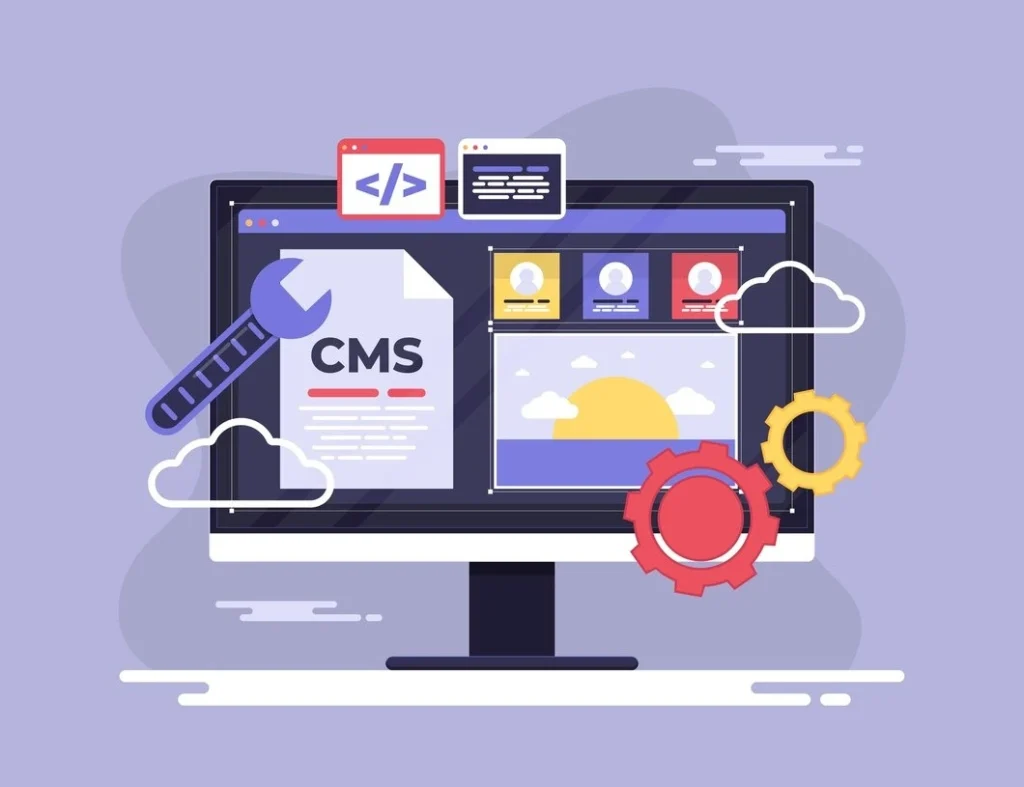Mobile app development is a rapidly evolving field, with new technologies and trends constantly emerging. As smartphones become increasingly integral to our daily lives, the demand for innovative and user-friendly mobile apps continues to grow. In this blog, we’ll explore the future of mobile app development and the trends and technologies that will shape the industry in the coming years.
1. Artificial Intelligence and Machine Learning
Artificial intelligence (AI) and machine learning (ML) are set to revolutionize mobile app development. AI and ML can enhance app functionality by providing personalized user experiences, predictive analytics, and advanced data processing capabilities. Chatbots, voice assistants, and recommendation engines are just a few examples of AI-powered features that are becoming increasingly common in mobile apps.
2. Augmented Reality (AR) and Virtual Reality (VR)
AR and VR technologies are transforming how we interact with mobile apps. AR enhances the real-world environment by overlaying digital information, while VR creates immersive virtual experiences. These technologies are being used in various industries, from gaming and entertainment to retail and education. As AR and VR hardware becomes more accessible, we can expect to see more innovative applications in mobile app development.
3. 5G Technology

The rollout of 5G technology promises faster and more reliable internet connections, significantly impacting mobile app development. With 5G, developers can create apps that require high bandwidth and low latency, such as real-time video streaming, cloud gaming, and IoT applications. Enhanced connectivity will also enable more seamless integration of advanced technologies like AR, VR, and AI.
4. Internet of Things (IoT)
The Internet of Things (IoT) is driving the development of mobile apps that can connect and control smart devices. From smart homes and wearable devices to industrial IoT applications, the demand for IoT-enabled mobile apps is on the rise. Developers will need to focus on creating secure and scalable apps that can handle the vast amount of data generated by IoT devices.
5. Progressive Web Apps (PWAs)
Progressive Web Apps (PWAs) offer a hybrid solution between web and mobile apps. PWAs provide a native app-like experience while being accessible through a web browser. They are fast, reliable, and can work offline, making them an attractive option for businesses looking to reach a wider audience without the need for separate native apps. As PWA technology continues to evolve, we can expect to see more adoption in the mobile app development space.
6. Blockchain Technology
Blockchain technology is making its way into mobile app development, offering enhanced security, transparency, and decentralization. Blockchain can be used in various applications, including secure financial transactions, supply chain management, and identity verification. As blockchain technology matures, we can expect to see more mobile apps leveraging its benefits to provide secure and trustworthy services.
7. Cross-Platform Development
Cross-platform development frameworks like Flutter, React Native, and Xamarin are gaining popularity for their ability to create apps that run on multiple platforms from a single codebase. These frameworks save development time and costs while ensuring a consistent user experience across different devices. As cross-platform tools continue to improve, they will play a significant role in the future of mobile app development.

8. Enhanced App Security
With the increasing reliance on mobile apps for various activities, ensuring app security is more critical than ever. Developers will need to prioritize security measures such as encryption, secure APIs, and regular security updates to protect user data and maintain trust. The adoption of advanced security technologies like biometric authentication and blockchain will also contribute to more secure mobile apps.
9. Personalized User Experiences
Personalization is becoming a key focus in mobile app development. By leveraging AI, ML, and data analytics, developers can create apps that offer personalized content, recommendations, and experiences tailored to individual users. Personalized user experiences enhance engagement and satisfaction, making them a crucial aspect of successful mobile apps.
10. Low-Code and No-Code Development
Low-code and no-code development platforms are democratizing mobile app development by allowing individuals with little or no coding experience to create functional apps. These platforms use visual interfaces and pre-built components to simplify the development process. As these tools become more sophisticated, they will enable more people to bring their app ideas to life, leading to increased innovation in the mobile app industry.
Conclusion
The future of mobile app development is bright, with emerging technologies and trends set to transform the industry. AI, AR, VR, 5G, IoT, blockchain, and cross-platform development are just a few of the advancements that will shape the next generation of mobile apps. Developers must stay abreast of these trends and technologies to create innovative, secure, and user-friendly apps that meet the evolving needs of users. Embrace these advancements to stay ahead in the dynamic and competitive world of mobile app development.
Our Website Pricing Packages
-
Essential
-
$300.
-
Customized One-PageWebsite
-
Mobile Responsive Design
-
Basic (Up to 5 Pages)Content Creation
-
Contact Form Integration
-
Maintenance & Support
-
BasicSEO Optimization
-
Hosting Setup
-
Domain Registration Assistance
-
Blog Setup
-
Social Media Integration
-
Google Analytics Integration
-
Payment Gateway Integration
-
Product Catalog Setup
-
Business
-
$672.
-
Multi-Page (Up to 10 Pages)Website
-
Mobile Responsive Design
-
(Up to 10 Pages)Content Creation
-
Contact Form Integration
-
Maintenance & Support
-
SEO Optimization
-
Hosting Setup
-
Domain Registration Assistance
-
Blog Setup
-
Social Media Integration
-
.Google Analytics Integration
-
Payment Gateway Integration
-
Product Catalog Setup
-
E-Commerce
-
$1345.
-
E-CommerceWebsite
-
Mobile Responsive Design
-
(Up to 15 pages)Content Creation
-
Contact Form Integration
-
Maintenance & Support
-
.SEO Optimization
-
Hosting Setup
-
Domain Registration Assistance
-
Blog Setup
-
Social Media Integration
-
E-Commerce Tracking &Google Analytics Integration
-
Payment Gateway Integration
-
(Up to 50 Products)Product Catalog Setup



